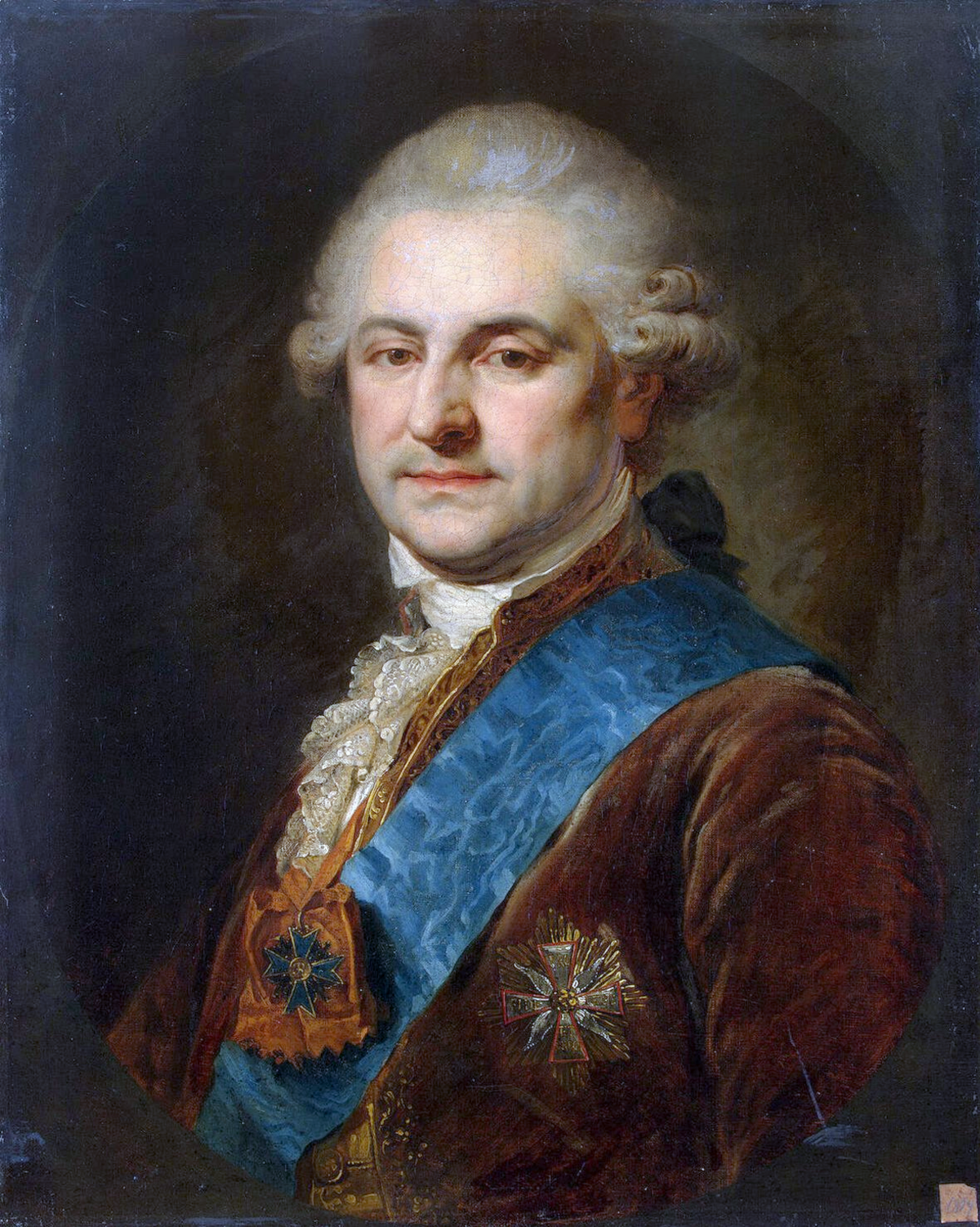
Czartoryski Reforms and Stanisław August Poniatowski
PolandDuring the later part of the 18th century, fundamental internal reforms were attempted in the Polish–Lithuanian Commonwealth as it slid into extinction. The reform activity, initially promoted by the magnate Czartoryski family faction known as the Familia, provoked a hostile reaction and military response from neighboring powers, but it did create conditions that fostered economic improvement. The most populous urban center, the capital city of Warsaw, replaced Danzig (Gdańsk) as the leading trade center, and the importance of the more prosperous urban social classes increased. The last decades of the independent Commonwealth's existence were characterized by aggressive reform movements and far-reaching progress in the areas of education, intellectual life, art and the evolution of the social and political system.
The royal election of 1764 resulted in the elevation of Stanisław August Poniatowski, a refined and worldly aristocrat connected to the Czartoryski family, but hand-picked and imposed by Empress Catherine the Great of Russia, who expected him to be her obedient follower. Stanisław August ruled the Polish–Lithuanian state until its dissolution in 1795. The king spent his reign torn between his desire to implement reforms necessary to save the failing state and the perceived necessity of remaining in a subordinate relationship to his Russian sponsors.
Following the suppression of the Bar Confederation (a rebellion of nobles directed against Russia's influence), parts of the Commonwealth were divided up among Prussia, Austria and Russia in 1772 at the instigation of Frederick the Great of Prussia, an action that became known as the First Partition of Poland: the outer provinces of the Commonwealth were seized by agreement among the country's three powerful neighbors and only a rump state remained.
